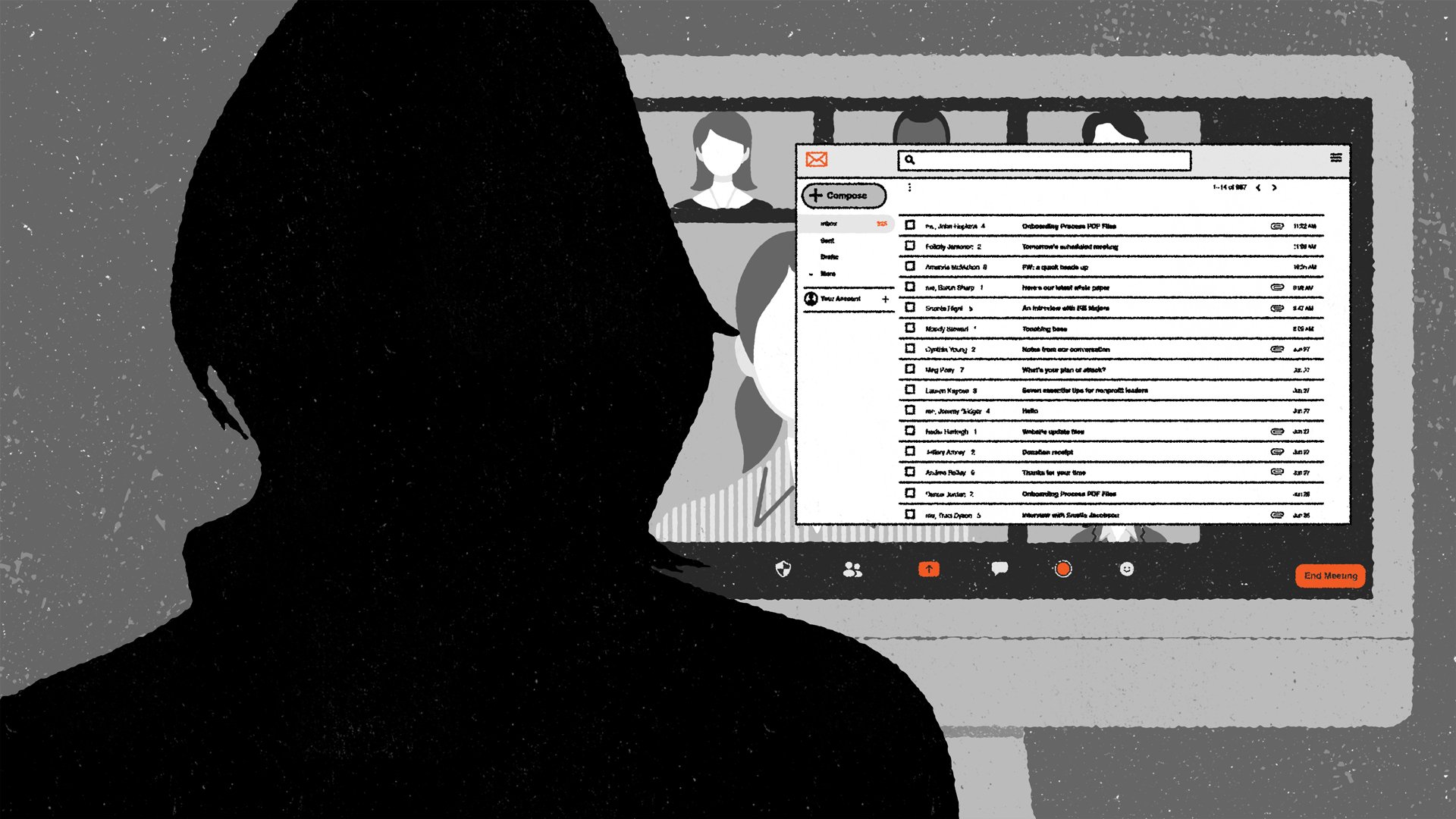Insights | Articles
The paint’s not going back in the tube.
For centuries, painters worked only in their studios. That's until 1841 when John Goffe Rand invented the paint tube and ushered in an artistic revolution. For social impact marketers, the internet is our modern version of the paint tube. It's initiated a chain reaction stoked by social media, digital marketing, and now, AI. And it’s done it at a time of turmoil. So, what does late-19th century painting tell us about 21st-century nonprofit leadership? That good things can eventually come from disruption and discord if you cultivate the right mindset. This article examines three key frameworks for making lemonade out of what feels like souring circumstances.
Reasons for optimism and 4 ways to leverage it for your cause.
If you stop believing that good will prevail, it’s time to step off the carousel. But with such persistent problems and unresolved fixes, it’s easy to become weary or jaded. Personal dispositions aside, here’s why the glass really is half-full and how your cause can benefit from it.
Is your job sabotaging your work?
Your work is a combination of the cause you support, the service you offer, and the people you are helping. All the things that drew you to the nonprofit sector. Your job, on the other hand, includes all the administrative tasks associated with running your enterprise. This is where the worries come into play, the things that gnaw at you, chief among them staff resiliency and turnover. It’s time to shift your focus away from the job and back onto the work. Here are six steps to reprioritize purpose in your organization’s culture.
Any merit in mudslinging?
Our current political trainwreck got me thinking about the power of negative messaging. The candidates are masters of it. But, in many ways, you and I face a similar conflict. We’re trying to change behavior, so we have an adversary. Be it addiction, stigma, illness, bigotry, or misinformation, we’re all trying to defeat something. Like the politicians, it can be tempting to call out the boogieman. But is it effective?
If all your friends did it, would you?
You aren’t as in charge as you might think. We’re all moved by the behaviors of those around us. We’ve always known this. At least your parents did when they worried about you “running with a bad crowd.” This is “social proof” — the behavioral science term for our tendency to assume the actions of those around us reflect what is correct or normal. But “like attracts like” well beyond the high school cafeteria. So here are three rules of thumb for using it to your cause’s advantage.
Protecting your cause from polarization.
Nothing you and I are working on should be viewed as political. And yet, so many of our causes have been taken hostage as wedge issues. While I can appreciate that people have different ideas on the best way to address societal problems, it can be tough to see progress halted as a result. As I prepare for this week's Collective Impact Summit, I'm reflecting on an experience that might inspire optimism, as well as the three things it taught me about bridging the political gap.
The problem-solving power in contradiction.
For Goodness Sakes recently produced an outdoor and digital display campaign for the National Highway Traffic Safety Administration (NHTSA) and the Ad Council. And as we wait for the creative to appear across the country, I’m reminded of the most essential element in any behavior changing endeavor: Relentless Optimism.
Beating organizational procrastination to help your cause.
Right now. That’s what our brains care most about. Overvaluing short-term benefits vs. longer term consequences is a critical culprit in many of the problems you’re working to solve. This is present bias — the hardwiring that fuels substance misuse, stunts environmental conservation, and impedes preventative healthcare. But it also undermines leadership within your organization. Here's how to overcome it.
Why rebels win.
There will always be naysayers, and now is an uncertain time for state agencies and nonprofits. Nevertheless, there are executive directors bullish about the future. Blending optimism, determination, and some good ole anti-social stubbornness, they reshape their expectations. It’s a mindset. A type. They’re rebels. And here are six things they have in common.
Know when (and what) to quit.
As children on the playground or adults climbing the corporate ladder, we’re taught that quitting is a no-no. And organizations can be particularly bad at knowing when to cut certain losses. But quitting an underperforming initiative or counter-productive process might be the best thing you could do for your team (and yourself). If that idea scares you, let me offer a new perspective and some examples that could energize your organization.










